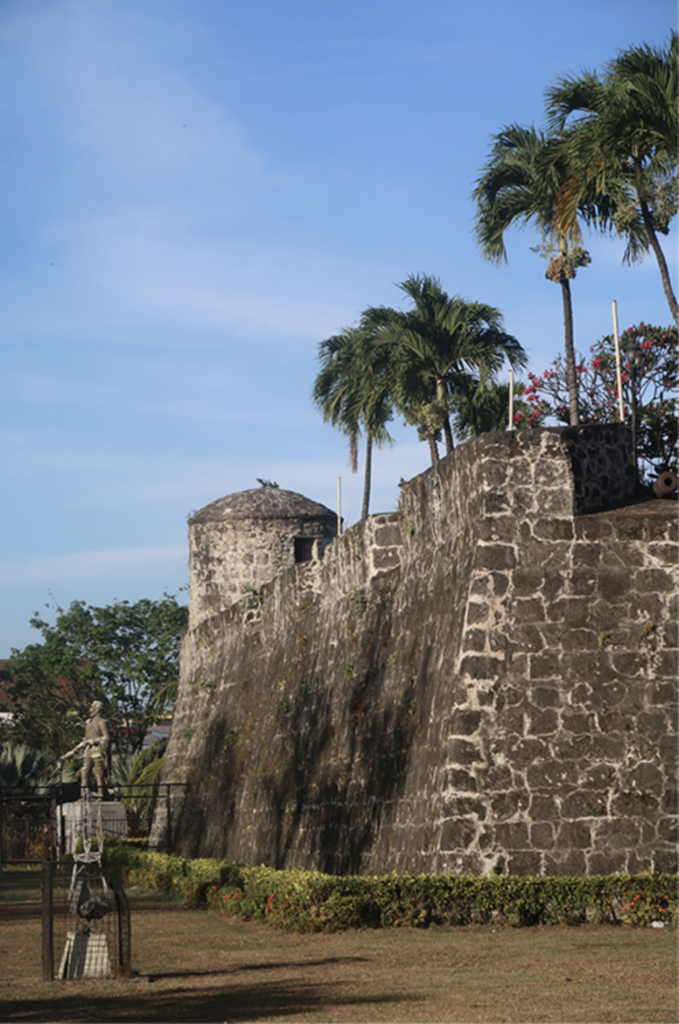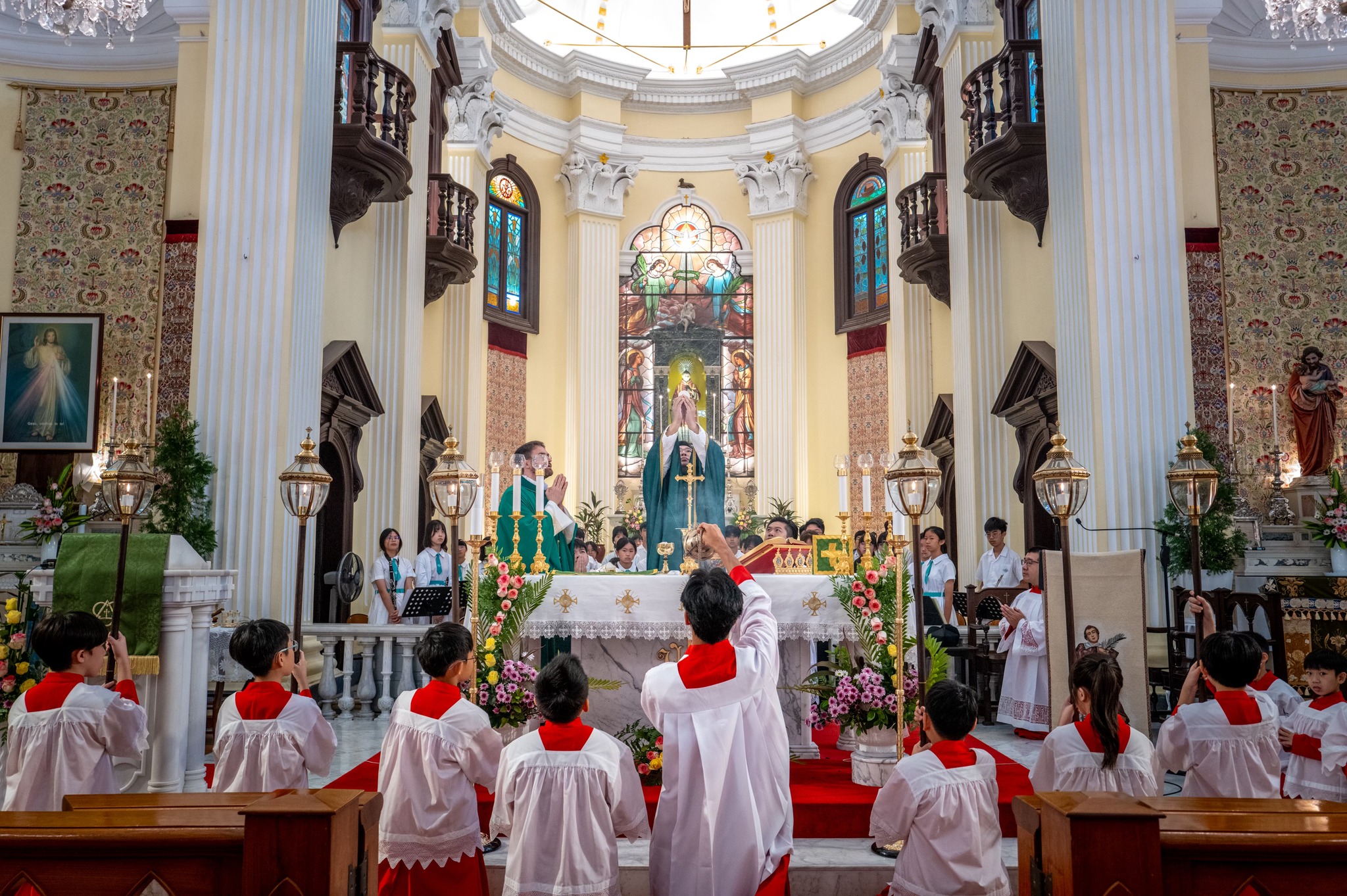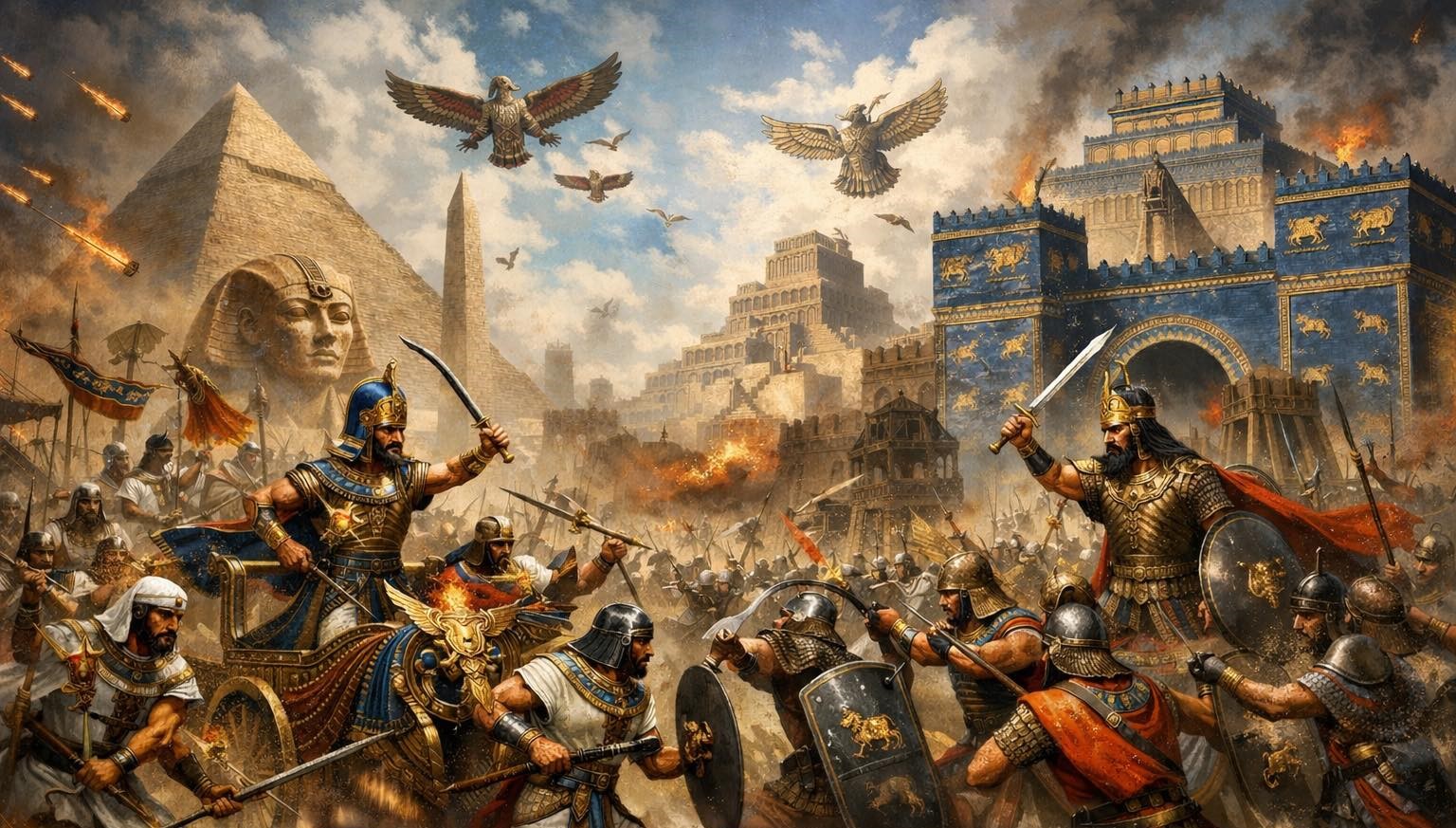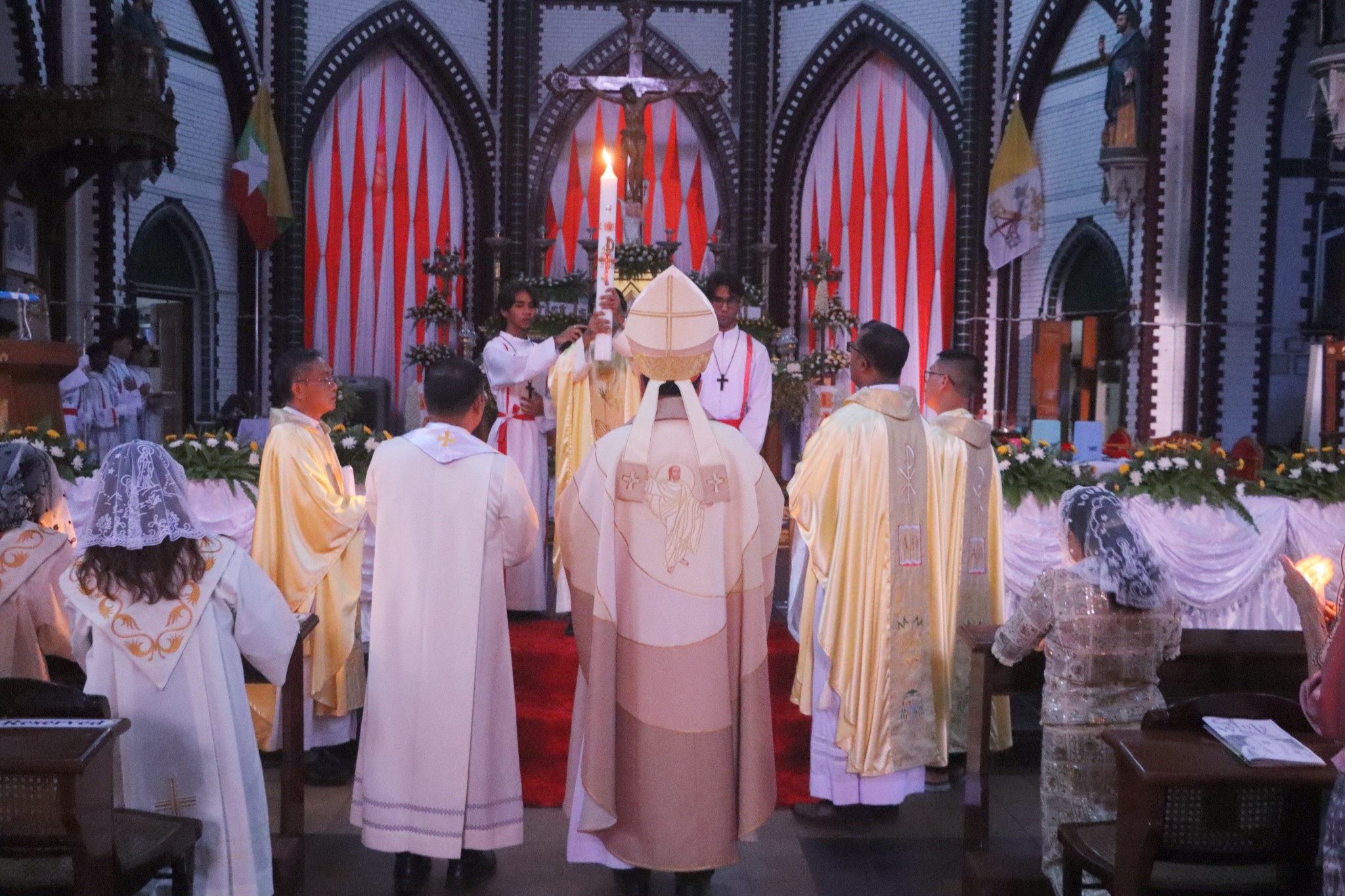Joaquim Magalhães de Castro
An anonymous chronicler, certainly a member of the expedition, says that on his first attempt to reach Cebu, Gonçalo Marramaque had lost himself in that rosary of islands and was forced to return to the Moluccas, where he would request the help of the king of Ternate – the Aeiro of the Portuguese chronics – who “very willingly” provided him with fifteen caracoras, with his son, “by name Babu,” commanding one of them.
In fact, the Muslim Aeiro, with that gesture intended to weaken the Portuguese, taking them away from their domains. The anonymous chronicler also tells us that the second attempt at Marramaque was successful because he took with him local pilots, then highlighting the character and nobility of the Portuguese captain, “so good a Christian, well disposed, and friend of God,” who could have captured that “triangle fort” and had everyone “under his hand,” but he chose not to, believing in the (false) good faith of the Castilians.
When mentioning the seized boat incident, the phantom scribe guarantees that those killed “all the Portuguese and their laskar sailors,” of whom the Captain-General was very sorry, as he “was in great need of them.” Marramaque would later attack a boat coming from the island of Panay but did not kill any of the Spaniards. On the contrary, “he treated everyone honorably.” The anonymous writer informs us “that every day there died of beriberi” more and more of the people of the armada and such was the damage that Marramaque decided to counterattack, with the known result.
The disappointment that accompanied the Portuguese captain to the Moluccas also extended to the king of Ternate because the boats he had promised, instead of accompanying him, had headed south, to the island of Buton and Macassar, in the Celebes, shortly after the beginning of the journey.
In conclusion, the unknown rapporteur informs that Marramaque arrived in Ternate “with 300 less Portuguese people than he had taken,” and this, without counting the laskars and dead slaves, and even the waste of supplies. On land, informed of the events, Aeiro rejoiced, telling his children to fear nothing, because, after all, the Portuguese armada was nothing more than a “wooden armada.”


 Follow
Follow


